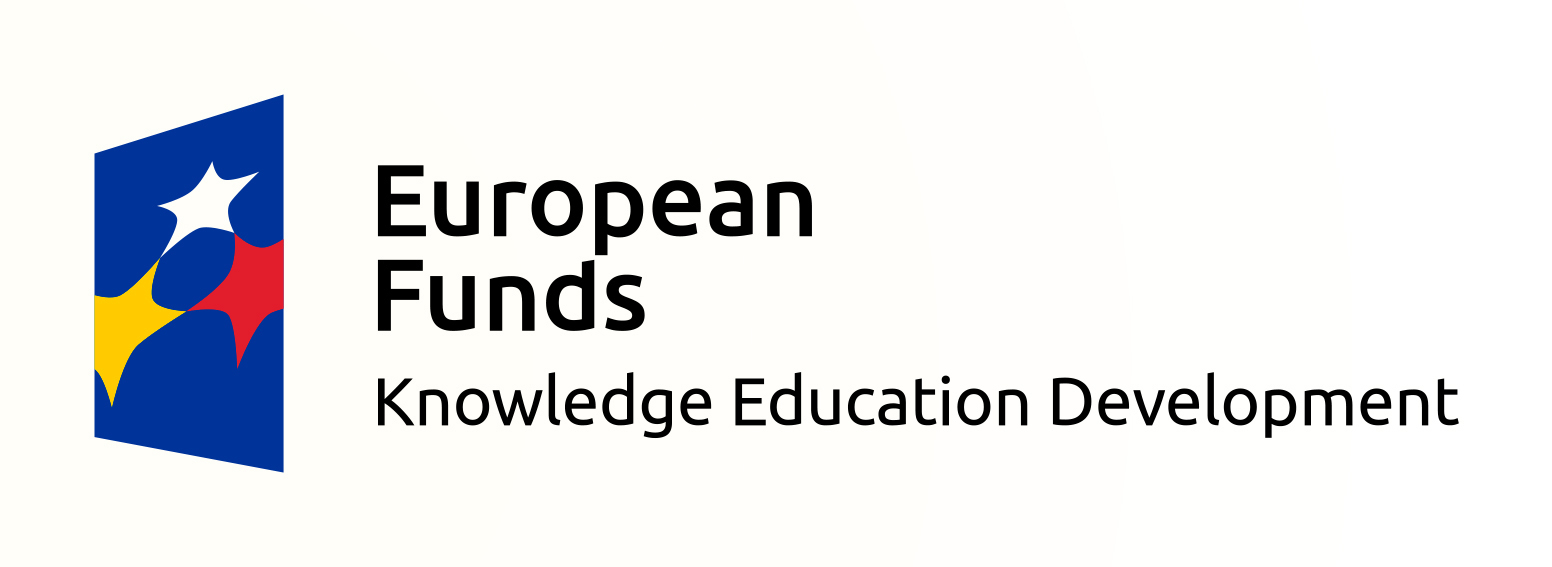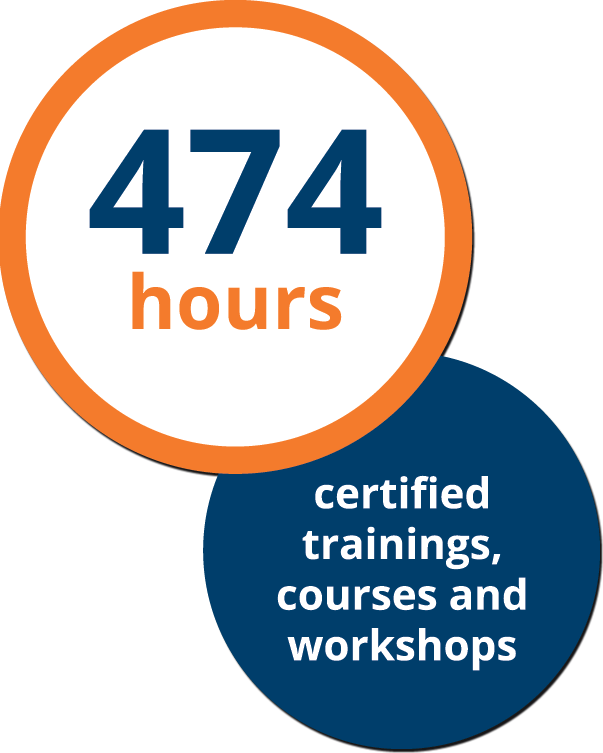 |
 |
 |
 |
Specialisation: Humanitarian Logistics

Description of the specialisation
|
 |
The Humanitarian Logistics specialisation is the university's response to the growing demand of organizations in the field of acquiring logistics specialists focused on providing broadly understood humanitarian aid in crisis situations of various nature and dynamics. Global climate problems imply a growing need for professional humanitarian aid. Due to the fact that the specialisation is implemented at major Logistics, much of the content of education is focused on improving students' competencies in the field of threat forecasting and supply chain management in humanitarian operations.
As part of the specialisation, students will learn how to forecast and value potential natural and military threats, and how to improve their competencies in the knowledge of humanitarian aid procedures, knowledge of humanitarian law, and cooperation with various governmental organizations. A large part of the classes is also devoted to cultural and ethical issues in various areas of the world, psychological conditions of humanitarian aid and cooperation with the media.
The "Integrated University Development Programme as a Guarantee of Students’ Success" project, no. POWR.03.05.00-00-Z225 / 18 co-financed by the European Union under the European Social Fund.
 |
 |
 |
Additional benefits for the students
- Paid internships preparing for the profession – in Poland (min. PLN 3,200 gross / month) and abroad (min. PLN 5,600 gross / month),
- Certified, specialized training – CILT (UK),
- Certified industry courses raising competencies: IATF Automotive Quality Management System Representative, IATF Internal Auditor Course, Standard MMOG / LE V4 Course,
- Shaping practical problem-solving skills with the use of specialized tools and modern technologies through IT workshops: AnyLogic, ERP software, Spreadsheet, SQL,
- Lectures of practitioners, classes with employers and study visits to renowned companies from the TFL and Automotive industries,
- Classes in fully equipped, specialized simulation laboratories,
- Specialized textbooks and additional interactive e-learning packages,
- Development of communication competencies and support of the student's practical skills.
Profile of a graduate
Graduates of Humanitarian Logistics are prepared to work in:
- Polish humanitarian organisations, including Polski Czerwony Krzyż (Polish Red Cross), Caritas, Eleos, Diaconia, Polska Akcja Humanitarna (Polish Humanitarian Organisation) etc. on both local and national scale,
- International humanitarian organisations, including CARE (Cooperative for Assistance and Relief Everywhere) or the Save the Children organization,
- Representatives of international agencies of UNO (United Nations Organisations) including WFP (World Food Programme) UNHCR (United Nations High Commissioner for Refugees) or UNICEF (United Nations Children’s Fund)
- Polish charity organisations, including PKPS (Polish Committee for Social Welfare)
- government and self-government institutions at national, voivodship and district level, related to the broadly understood humanitarian aid,
- crisis management centers at all levels.
Program of StudiesMajor: LOGISTICS |
 |
































ADMISSION FOR THE 2024/2025 ACADEMIC YEAR IS OPEN
SIGN UP X